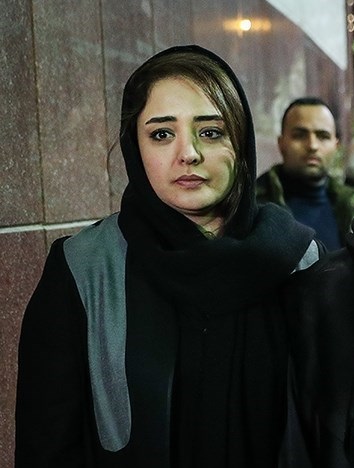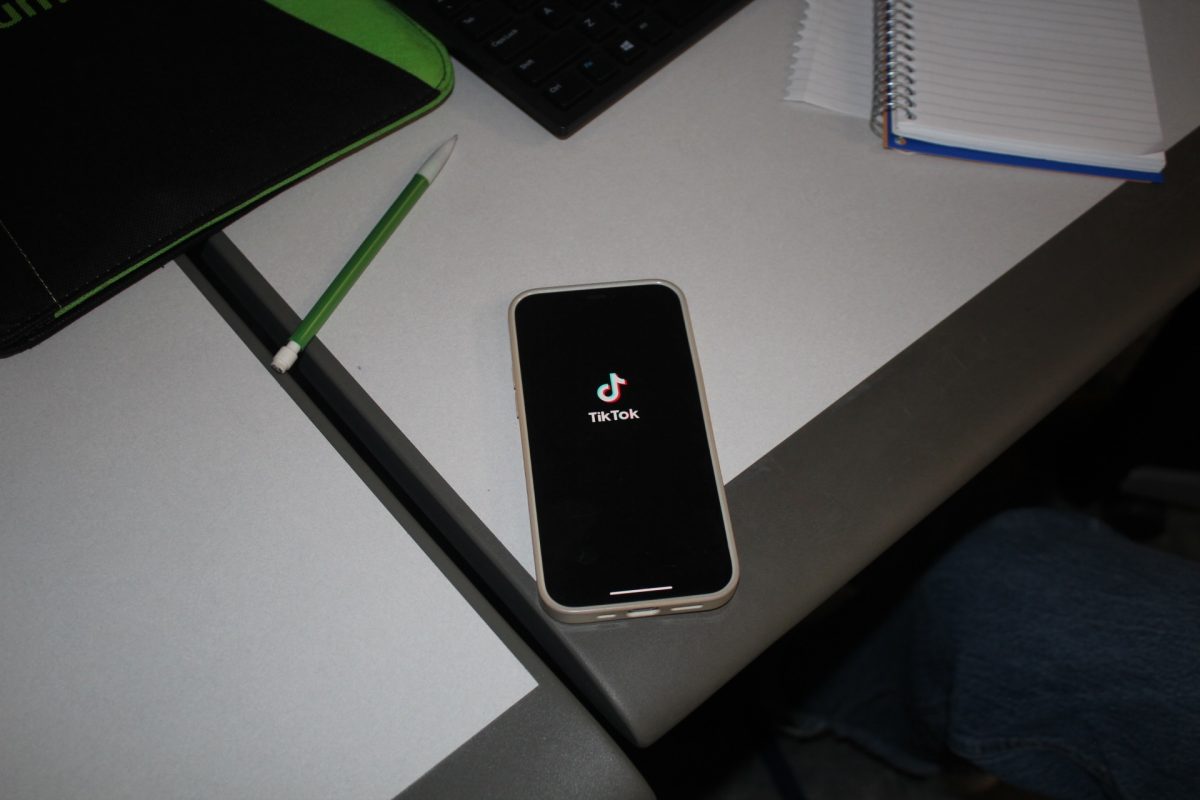Every year since 1901, the Nobel Peace Prize has been the most anticipated award in the world. Some recipients of this award include Martin Luther King, Elie Wiesel, Nelson Mandela, and Malala Yousafzai, people who have been chosen because they made global differences.
This year, a trailblazer for human rights in the Middle East has become the newest addition to this ever-growing list.
The Nobel Foundation was created to honor Alfred Nobel’s will and use his estate to promote peace and achievement worldwide. (You can find more information on the history of the Nobel Foundation here.) The foundation’s headquarters is based in Stockholm, Sweden, where the prizes are awarded both by the foundation and in conjunction with Swedish academic or parliamentary organizations.
As of 2023, there have been 104 Nobel Peace Prizes awarded to many different individuals, groups, and or foundations, from world leaders to activists.
The Nobel Peace Prize has been awarded to all sorts of figures: world leaders, activists, humanitarian organizations, and scientists, among others. As a result, the requirements to earn the prizes reflect the variety of the laureates.
“The Peace Prize was to be awarded to the person who had done most for ‘fraternity between nations, for the abolition or reduction of standing armies and the holding and promotion of peace congresses,’” the United Nations wrote when describing the Nobel Peace Prize in 2001. There are also different categories for the prizes, including Physics, Chemistry, Medicine, Literature, Economics, and Peace.
This year’s winner, the 104th person to receive the Nobel Peace Prize, is Iranian-born human rights activist Narges Mohammadi. Mohammadi was announced as the winner in October while still incarcerated for criticizing the Iranian government. She has been described as “a voice for the voiceless,” by fellow human rights activist Reza Monini. Mohammadi’s mission has always been to free the citizens of Iran from oppression, which she continues to pursue even from behind bars.
While in prison, Mohammadi has been subjected to various forms of abuse and punishment, including solitary confinement. Her book, White Torture: Interviews with Iranian Women Prisoners, was written to bring attention to the atrocities committed against political prisoners, especially women. As mentioned, she is still imprisoned and likely will be until her sixties at the earliest.
Mohammadi has accumulated many awards across the world aside from the Nobel Peace Prize for all her work. Yet at the same time, she was arrested 13 times by the regime in Iran.
“Thoughts and dreams don’t die. Belief in freedom and justice does not perish with imprisonment, torture or even death, and tyranny [does] not prevail over freedom, even when they rely on the power of the state,” Mohammadi said in her acceptance speech for the Sakharov Prize in 2018.
To learn more about Mohammadi and her work to free Iranians from tyranny, you can read her feature story with the New York Times, as well as a synopsis of her story with Time.







